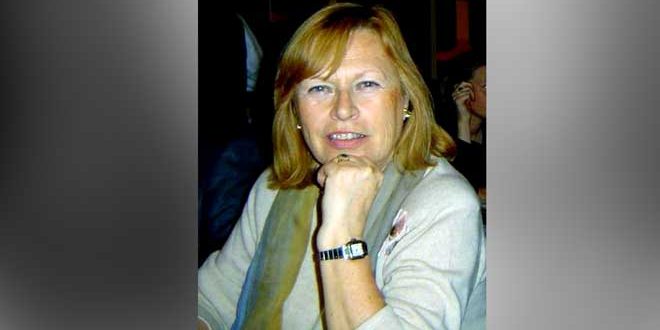General Directorate of Antiquities and Museums mourns Italian archaeologist Gabriella Scandoni Matthiei
The General Directorate of Antiquities and Museums mourned the Italian archaeologist Gabriella Scandoni Matthiei, wife of archaeologist Paolo Matthiei, who worked for more than 40 years at Tell Mardikh-Ebla in Syria, and was responsible for indexing, analyzing and studying all the results of archaeological findings.
Gabriella Matthiai, born in 1940, is an Egyptologist. She held a master’s degree from Sapienza University in Rome, with a research study on ancient Egypt. She was a professor of Egyptology at the same university until 1971. She worked for the Italian National Research Council until her retirement.
Between 1967 and 2002, Gabriella visited Egypt frequently to study the collections of the Egyptian Museum in Cairo and the funerary contents of the great tombs of the Old and Middle Kingdoms, the eastern region of the Delta and the site of Avaris.
Her research focused mainly on studies of the historical development of Egyptian religion, with special attention to the formation of ownership and the symbolism of precious materials associated with the goddess (Hathor).
From 1964 until 2010, Gabriella worked at Tell Mardikh-Ebla in Syria. She was responsible for indexing, analyzing and studying all the findings. She worked in particular on the relations between Syria and Egypt from the third millennium to the first millennium BC.
She published research on Egyptian ivory discovered in the northern palace of Ebla, and also contributed to understanding the political and cultural relations and exchanges between Syria and Egypt during the second millennium BC (the Middle Bronze Age).
In 1995, Gabriella, in collaboration with Professor Paolo Mattei and Francis Pinnock, coordinated the exhibition “Ebla: All Origins of Urban Civilization” at La Sapienza University, which contributed significantly to disseminating the culture and archaeological heritage of ancient Syria.
Professor Gabriella and her husband, Professor Paolo, were always loyal to the Syrian heritage and loved the Syrians, who always reciprocated their appreciation and respect for their efforts in spreading Syrian culture and civilization.
Inas Abdulkareem

